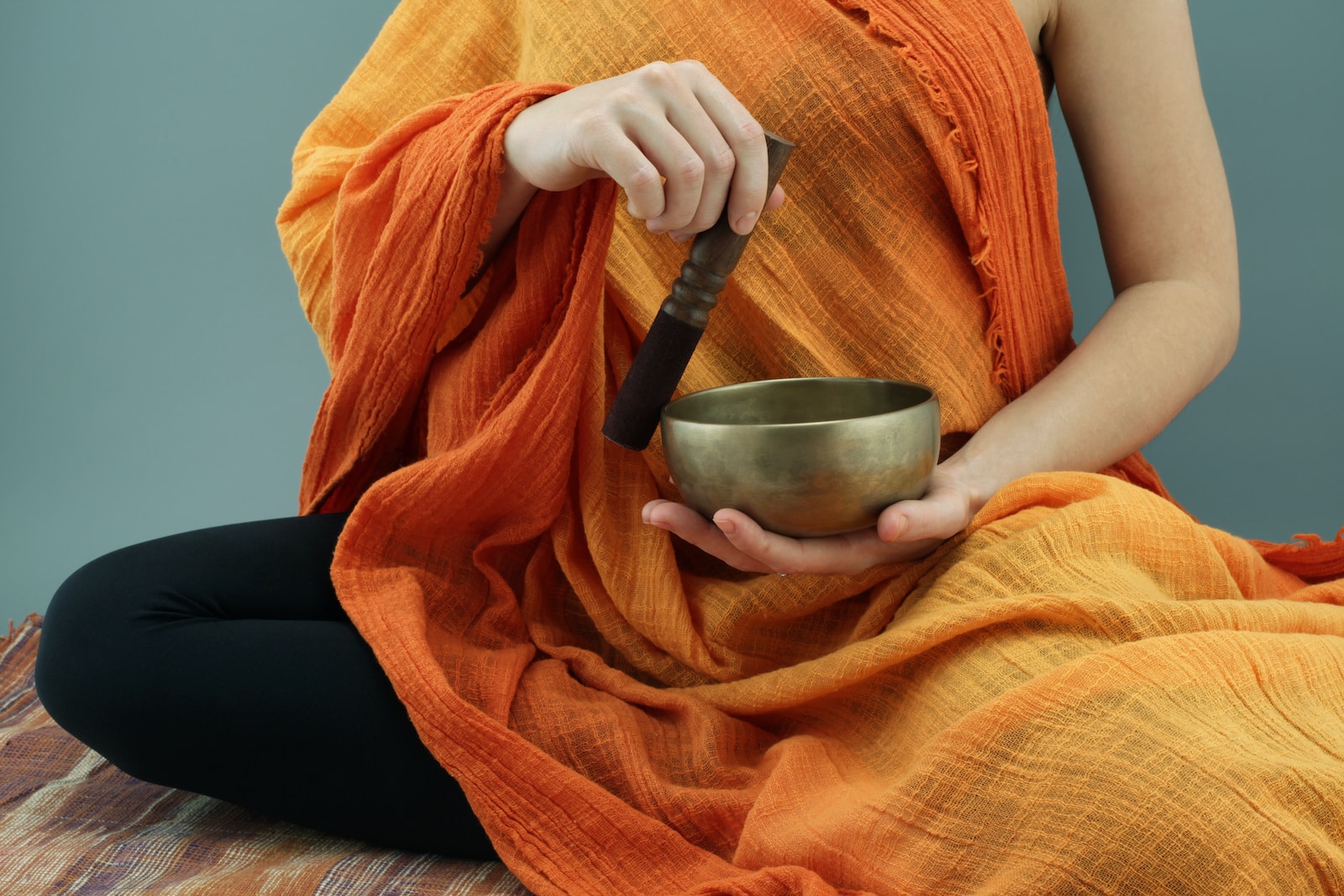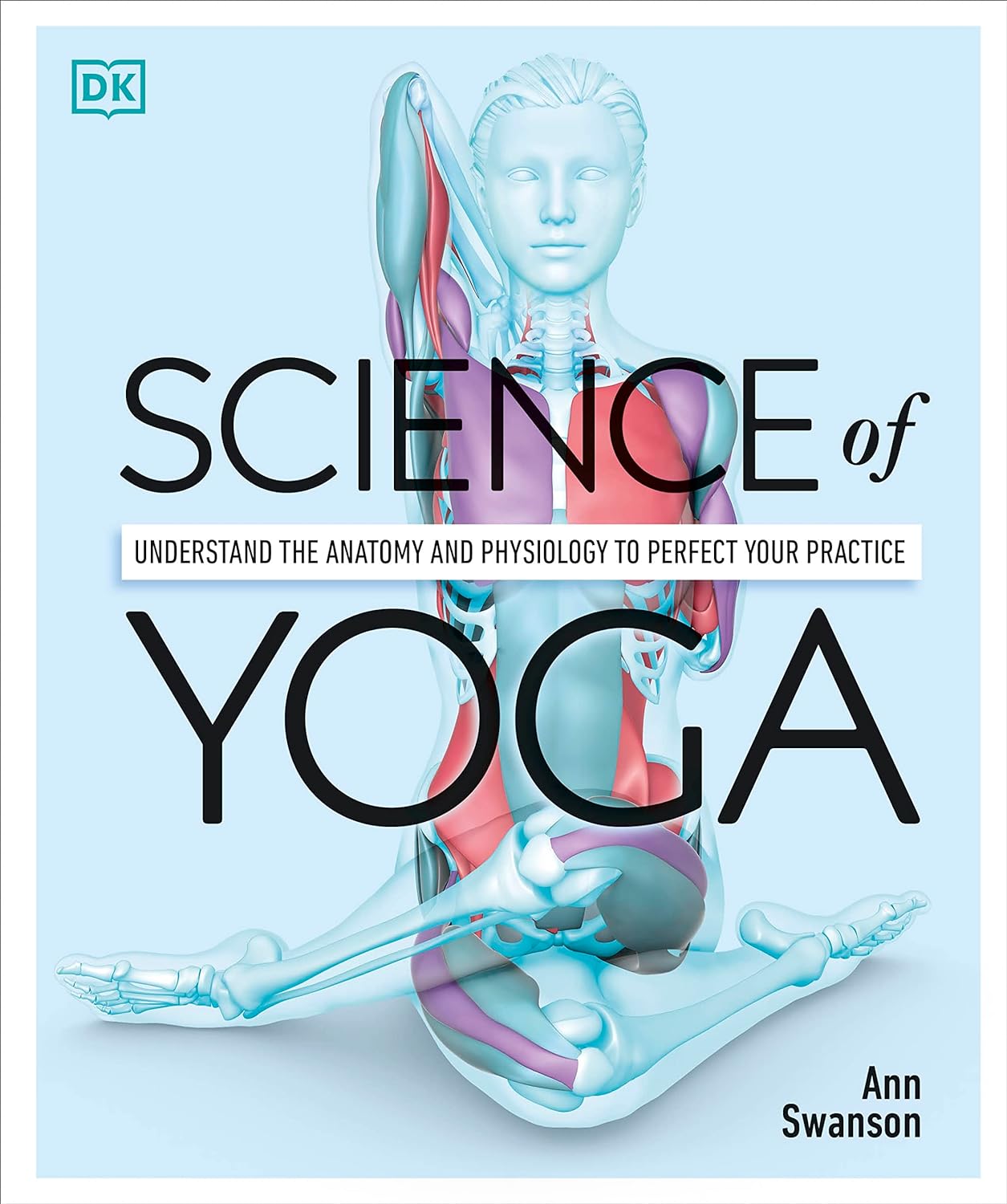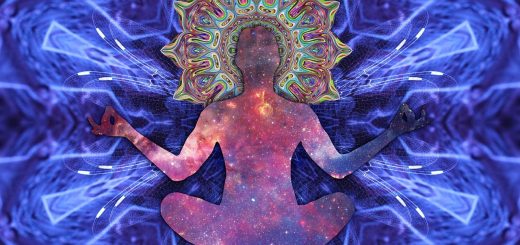Chakras: Understanding Energy Centers in Yoga

Hey there, amazing readers! 🖐️ Just a quick note: yes, we know there are a lot of ads here. Trust us, we get it—it’s not the prettiest look, but they help us keep this blog alive and kicking. Those pesky little ads cover the costs of all the behind-the-scenes magic, from hosting and tech stuff to creating content we hope you’ll love.
We’re committed to delivering quality posts, and your support (even just sticking around despite the ads) means everything to us. So, bear with us, and thanks for helping us keep the good vibes rolling. Now, on to the fun stuff! 😉
TRANSLATE BUTTON AT THE END OF THE ARTICLE
Introduction to Chakras in Yoga
Chakras are energy centers within the body that play a crucial role in yoga and meditation practices.
Originating from ancient Indian traditions, the concept of chakras refers to the seven main points along the spine where energy flows.
These energy centers are believed to be interconnected with physical, emotional, and spiritual well-being.
By understanding and balancing the chakras, individuals can promote harmony within themselves and achieve a sense of overall balance and vitality.
The Seven Main Energy Centers
The seven main chakras are aligned along the spine, starting from the base and moving upwards towards the crown of the head.
Each chakra is associated with specific qualities and attributes, influencing different aspects of our lives.
While the chakras are intangible energy points, they are believed to have a profound impact on our physical, mental, and emotional states.
By working to balance and align these energy centers, individuals can tap into their full potential and experience a greater sense of well-being.
Root Chakra: Muladhara
The Root Chakra, known as Muladhara in Sanskrit, is located at the base of the spine.
It is associated with feelings of safety, security, and stability.
When the Root Chakra is balanced, individuals feel grounded and connected to the earth.
However, imbalances in this chakra can lead to feelings of insecurity, fear, and instability.
To balance the Root Chakra, one can practice grounding poses in yoga, such as Mountain Pose or Tree Pose, and focus on affirmations related to safety and security.
Sacral Chakra: Svadhisthana
The Sacral Chakra, or Svadhisthana, is located in the lower abdomen and is associated with creativity, passion, and sexuality.
This chakra governs our emotional well-being and our ability to experience pleasure and joy.
Imbalances in the Sacral Chakra can manifest as feelings of guilt, shame, or emotional numbness.
To balance this chakra, one can practice hip-opening yoga poses, such as Pigeon Pose or Bound Angle Pose, and focus on embracing creativity and cultivating healthy relationships.
Solar Plexus Chakra: Manipura
The Solar Plexus Chakra, or Manipura, is located in the upper abdomen and is associated with personal power, self-confidence, and willpower.
This chakra governs our sense of self and our ability to assert ourselves in the world.
Imbalances in the Solar Plexus Chakra can lead to feelings of low self-esteem, lack of motivation, or difficulty making decisions.
To balance this chakra, one can practice core-strengthening yoga poses, such as Boat Pose or Plank Pose, and focus on affirmations related to personal empowerment.
Heart Chakra: Anahata
The Heart Chakra, known as Anahata, is located at the center of the chest and is associated with love, compassion, and emotional balance.
This chakra governs our ability to give and receive love unconditionally.
Imbalances in the Heart Chakra can manifest as feelings of resentment, jealousy, or an inability to connect with others.
To balance this chakra, one can practice heart-opening yoga poses, such as Camel Pose or Cobra Pose, and focus on cultivating love and compassion towards oneself and others.
Throat Chakra: Vishuddha
The Throat Chakra, or Vishuddha, is located at the throat and is associated with communication, self-expression, and creativity.
This chakra governs our ability to speak our truth and express ourselves authentically.
Imbalances in the Throat Chakra can lead to difficulty communicating, feelings of being unheard, or fear of expressing oneself.
To balance this chakra, one can practice neck-stretching yoga poses, such as Fish Pose or Bridge Pose, and focus on speaking honestly and openly.
Third Eye Chakra: Ajna
The Third Eye Chakra, known as Ajna, is located between the eyebrows and is associated with intuition, imagination, and insight.
This chakra governs our ability to see beyond the physical world and tap into our inner wisdom.
Imbalances in the Third Eye Chakra can manifest as confusion, lack of clarity, or an inability to trust one’s intuition.
To balance this chakra, one can practice meditation and visualization techniques, such as focusing on the point between the eyebrows, and trust in one’s inner guidance.
Crown Chakra: Sahasrara
The Crown Chakra, or Sahasrara, is located at the crown of the head and is associated with spiritual connection, enlightenment, and higher consciousness.
This chakra governs our connection to the divine and our sense of purpose in the world.
Imbalances in the Crown Chakra can lead to feelings of disconnection, spiritual crisis, or a lack of meaning in life.
To balance this chakra, one can practice guided meditation and mindfulness practices, such as focusing on the breath and cultivating a sense of gratitude for the present moment.
Balancing and Aligning Chakras
Balancing and aligning the chakras is essential for overall health and well-being.
When the chakras are in harmony, energy flows freely throughout the body, promoting physical, mental, and emotional balance.
There are various techniques to balance and align the chakras, including yoga poses, meditation, breathwork, and affirmations.
By incorporating these practices into your daily routine, you can promote harmony within yourself and experience a greater sense of vitality and peace.
Benefits of Balanced Chakras
Balanced chakras offer a wide range of benefits for the mind, body, and spirit.
When the chakras are aligned, individuals may experience increased energy levels, improved focus and concentration, better emotional stability, and a greater sense of overall well-being.
Balanced chakras can also lead to enhanced creativity, intuition, and spiritual growth.
By working to balance and align the chakras, individuals can unlock their full potential and live a more harmonious and fulfilling life.
Incorporating Chakra Work in Yoga Practice
Incorporating chakra work into your yoga practice can deepen your understanding of yourself and promote holistic healing.
By focusing on specific yoga poses that target each chakra, you can bring awareness to your energy centers and work towards balancing and aligning them.
Additionally, incorporating breathwork, meditation, and visualization techniques can help you connect more deeply with your chakras and tap into their healing power.
By integrating chakra work into your yoga practice, you can enhance your overall well-being and cultivate a greater sense of balance and harmony in your life.
Conclusion
Understanding the energy centers of the chakras in yoga is a transformative journey towards self-discovery and holistic healing.
By delving into the intricacies of each chakra and working towards balancing and aligning them, individuals can unlock their full potential and experience a greater sense of well-being.
Incorporating chakra work into your yoga practice can deepen your connection with yourself and promote harmony on physical, mental, and emotional levels.
By embracing the wisdom of the chakras, you can embark on a journey of self-exploration and spiritual growth that can lead to a more fulfilling and balanced life.

The Enlightenment Journey is a remarkable collection of writings authored by a distinguished group of experts in the fields of spirituality, new age, and esoteric knowledge.
This anthology features a diverse assembly of well-experienced authors who bring their profound insights and credible perspectives to the forefront.
Each contributor possesses a wealth of knowledge and wisdom, making them authorities in their respective domains.
Together, they offer readers a transformative journey into the realms of spiritual growth, self-discovery, and esoteric enlightenment.
The Enlightenment Journey is a testament to the collective expertise of these luminaries, providing readers with a rich tapestry of ideas and information to illuminate their spiritual path.
Our Diverse Expertise 🌟
While our primary focus is on spirituality and esotericism, we are equally passionate about exploring a wide range of other topics and niches 🌍📚. Our experienced team is dedicated to delivering high-quality, informative content across various subjects ✨.
To ensure we provide the most accurate and valuable insights, we collaborate with trusted experts in their respective domains 🧑🏫👩🏫. This allows us to offer well-rounded perspectives and knowledge to our readers.
Our blog originally focused on spirituality and metaphysics, but we’ve since expanded to cover a wide range of niches. Don’t worry—we continue to publish a lot of articles on spirituality! Frequently visit our blog to explore our diverse content and stay tuned for more insightful reads.






